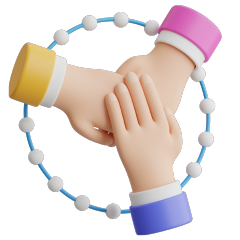10 Questions to Ask an NDIS Provider
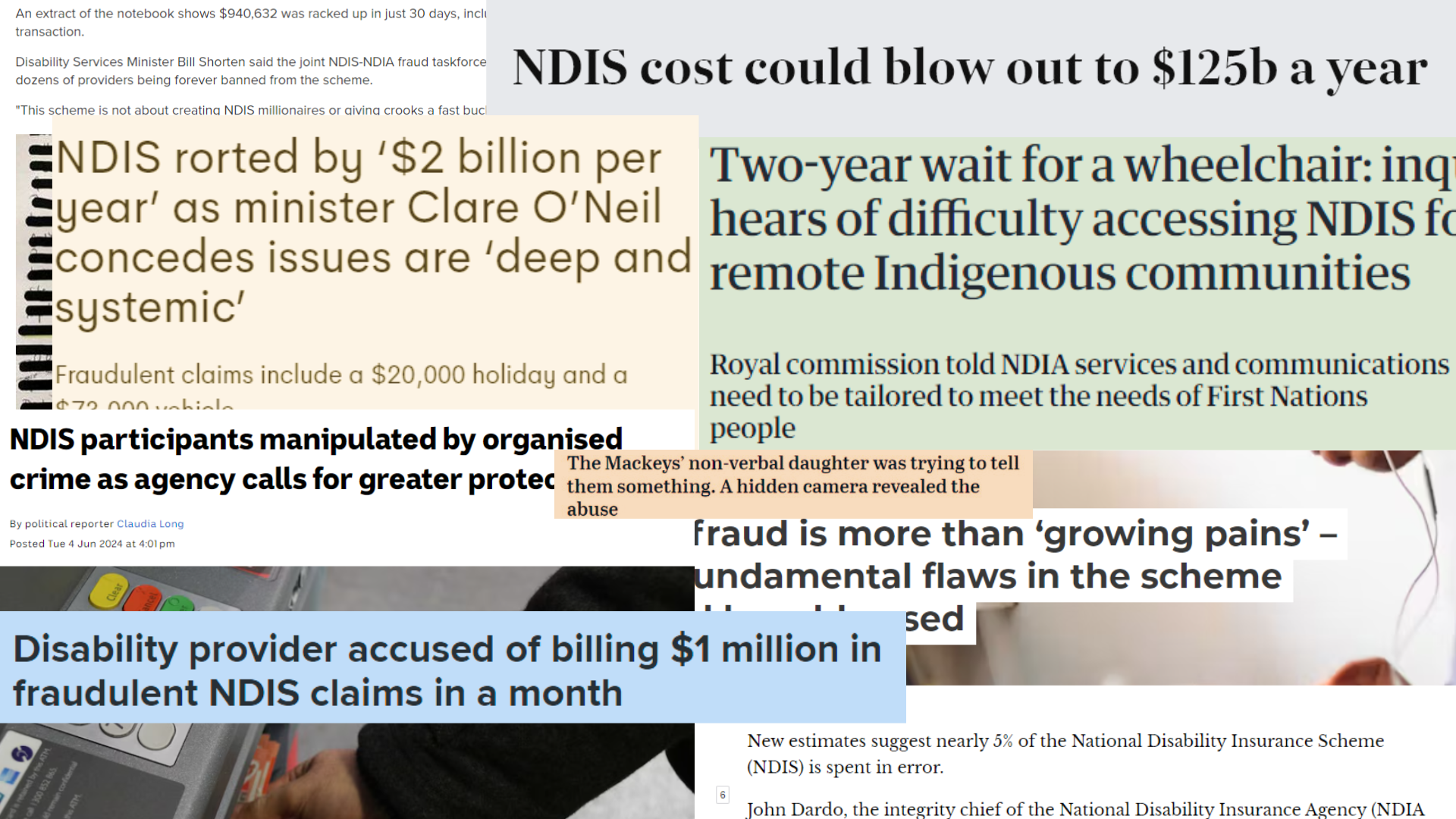
Here’s our guide on how you can weed out the dodgy NDIS providers from those who can truly help.
Here’s how you can weed out the dodgy providers from those who can truly help
Table of Contents
The National Disability Insurance Scheme (NDIS) has been in the news a lot lately, and not in a good way. The decade-old Scheme is currently under fire with reports of dodgy NDIS providers, fraudulent claims and excessive spending.
We at Leora Healthcare have been following the media coverage in shock and dismay. The horrifying revelations of abuse brought to light that the most vulnerable Australians are at risk. Furthermore, it has been alleged that government funding that is meant to be spent on care services is being used in corrupt practices.
Whilst government reforms are under way, there’s more that needs to be done to solve the systemic issues.
Now, if you’re new to the NDIS, how can you protect yourself?
How can you make sure that the NDIS providers you’re consulting with have your best interest at heart? That they have the expertise to support you?
Here’s a list of 10 questions you can ask your NDIS provider before signing a service agreement with them:
- How much experience do you have?
- Are you a registered service provider?
- Do you have registered nurses on staff?
- How are your support workers trained?
- Can you really prove your service is “high quality”?
- How can I reach you if I have questions or concerns?
- What is your cancellation policy?
- How do you manage risk?
- Who’s leading your organisation?
- What sets you apart from other providers?
Download 10 Questions to Ask
Access a PDF version of this article that you can easily refer to! You will also be subscribed to our monthly newsletter.
"*" indicates required fields
The knowledge, skills and insights an organisation gains through years of experience are invaluable in ensuring high-quality, reliable and effective services.
This is particularly important in the NDIS space, where changes and reforms can happen quickly, and where you can get lost in a forest of policies and paperwork. You need someone with the experience and tenacity to help you navigate the NDIS and resolve issues efficiently.
At Leora, we always say there is no substitute for experience. We’ve been providing care to the community since 2008, even before the national rollout of the NDIS in 2016.
In addition to our home and community care (Core supports) services, we have more than five years of experience in caring for NDIS participants or icare clients with high care needs. We look after participants with a wide range of conditions and needs, from low-care clients who only need a couple of hours of support a week, to clients with complex conditions who require 24/7 assistance.
As members of National Disability Services, the Australian peak body for the disability sector, we’re also advocates for quality services for people living with disability.
Did you know that there are around 18,000 registered NDIS providers (as of Mar 2024), compared to more than 154,000 unregistered providers?
Not all providers are created equal. A ‘registered’ service provider is an individual or organisation delivering NDIS supports who are registered with the NDIS Quality and Safeguards Commission. The NDIS Commission is responsible for the registration and regulation of NDIS providers under a nationally consistent framework.
To quote the NDIS Review, registration indicates that “a provider has taken steps to deliver supports professionally and competently”.
There are several requirements that providers must meet to become registered with the NDIS Commission. This includes undergoing an audit against the NDIS Practice Standards, which describe good practice for providing supports and services.
If the provider you are speaking with is registered, then they have passed the audit process of the NDIS Commission.
Leora Healthcare is an NDIS registered provider. Our registration means that we can demonstrate compliance with the NDIS Practice Standards, with systems and processes in place for screening workers, keeping records and handling incidents and complaints.
As a registered provider, we can also access updates and information straight from the NDIS, which means we can provide timely advice as well.
Having registered nurses on staff is a big plus – this means the provider can deliver high care supports that require the supervision of a clinical professional.
High care supports include catheter care, complex bowel care, wound care, medication administration or PEG feeding. If you’re living with acquired brain injury, spinal cord injury, cerebral palsy or similar complex conditions, you may require high care or complex care supports.
We have a team of Care Manager-Registered Nurses who case-manage our high care clients. Any policy or procedure related to clinical care is created and reviewed in collaboration with our RNs, improving the quality of our services and safeguarding our high standards of care.
Our RNs also provide training to our support workers. (See our answer to the next question.)
Support workers must be equipped with the skills to communicate and deliver services that are respectful, appropriate, compassionate and empowering.
Anyone can breeze through an online module, but when faced with a participant experiencing a health crisis, you can’t just click through a multiple-choice quiz to know if you’re doing the right thing.
Aside from online training, we also provide our support workers face-to-face training with our Learning & Development team and our team of Registered Nurses.
In these sessions, our RNs can answer questions and provide hands-on, practical guidance. For example, how to manage the PEG tube in PEG feeding, or how to correctly use a manual hoist when moving clients on or off a bed.
This helps our carers upskill and be confident in providing safe and proper support, especially when assisting a high care participant.
As consumers, we are bombarded with ads from companies saying that they are “the best”. Anyone can claim the services or products they provide are “high quality”. How do we know whose claims are accurate?
Often, we rely on other people’s opinions. Online reviews, firsthand experience from a friend or family member, or an unbiased report can sway us.
Here’s how we demonstrate the high quality of our services:
In addition to our NDIS certification, we are also an ISO 9001 certified company.
ISO 9001 is a globally benchmarked quality management system standard. The standard requirements include:
- Leadership commitment, including ensuring that quality policy and objectives are in place and clearly communicating roles and responsibilities
- Addressing risks and opportunities
- Ensuring sufficient resources are allocated
- Demonstrating process capability as specified by client requirements
The quality of our services and processes are validated by an independent organisation, SAI Global.
Being certified to this standard demonstrates our focus on our clients and our commitment to continuous improvement of our services and processes.
If still in doubt, we have several positive client reviews on Trustpilot!
Nothing’s worse than waiting in a queue just to get an answer for a simple question. You want a service provider who is easy to contact and interact with. This will ensure your issues are heard and your questions are responded to promptly.
At Leora, you will have a dedicated Care Coordinator or Care Manager who will be your main point of contact*. You would know exactly whom to call for any issues or questions.
Best of all, your CC or CM would know you. No need to introduce yourself or explain your situation over and over! You will be able to build a warm relationship with your CC or CM, and they will be able to tailor communications and our services to your specific needs and preferences.
*For accommodation services, your main point of contact at Leora can be your Accommodation Manager.
You may need to cancel services due to a variety of reasons, anything from sudden illness to bad weather.
The NDIS requires seven clear days’ notice to cancel a support without being charged. This means that if you don’t provide seven clear days’ notice, the provider can still claim the fee for the cancelled support, subject to conditions.
Before signing with a provider, you can ask if their cancellation policy is aligned with the NDIS policy – or if they can offer you something better.
Leora is proud to offer a cancellation policy that offers better terms for NDIS participants. Our cancellation policy will allow for 24 business hours’ notice of cancellation without incurring charges.
In very simple terms, “risk” is the possibility of something bad happening. Every action carries a certain amount of risk, but we can minimise risk by being proactive.
In disability care, this involves ensuring the safety of the participant and the people around them. If the provider you’re speaking with can explain how they manage risk, then participant safety is at the forefront of their operations.
How we do risk management at Leora:
- Thorough assessment of a participant by a Care Manager – Registered Nurse prior to onboarding. This includes a visit to the participant’s residence to observe the environment for potential risks.
- Investment in a state-of-the-art client management system, which has a dedicated Work Health and Safety (WHS) assessment section. We complete the WHS section for every client, with an additional risk assessment section where we record all risks identified that may affect the client, carer or the community. We review the WHS risks, along with the client’s risk profile, at least once a year and when incidents occur, or if there are changes affecting the services.
- A documented Incident Management Policy that requires staff to report an incident within 24 hours of when the incident occurred or as soon as practicable.
- Ongoing education and training of support workers.
- Buddy shifts for new support workers.
As a potential client, knowing the leaders of the service provider you’re thinking of signing up with can help you better understand their values and credibility.
You can then be confident in their ability to meet your needs and expectations.
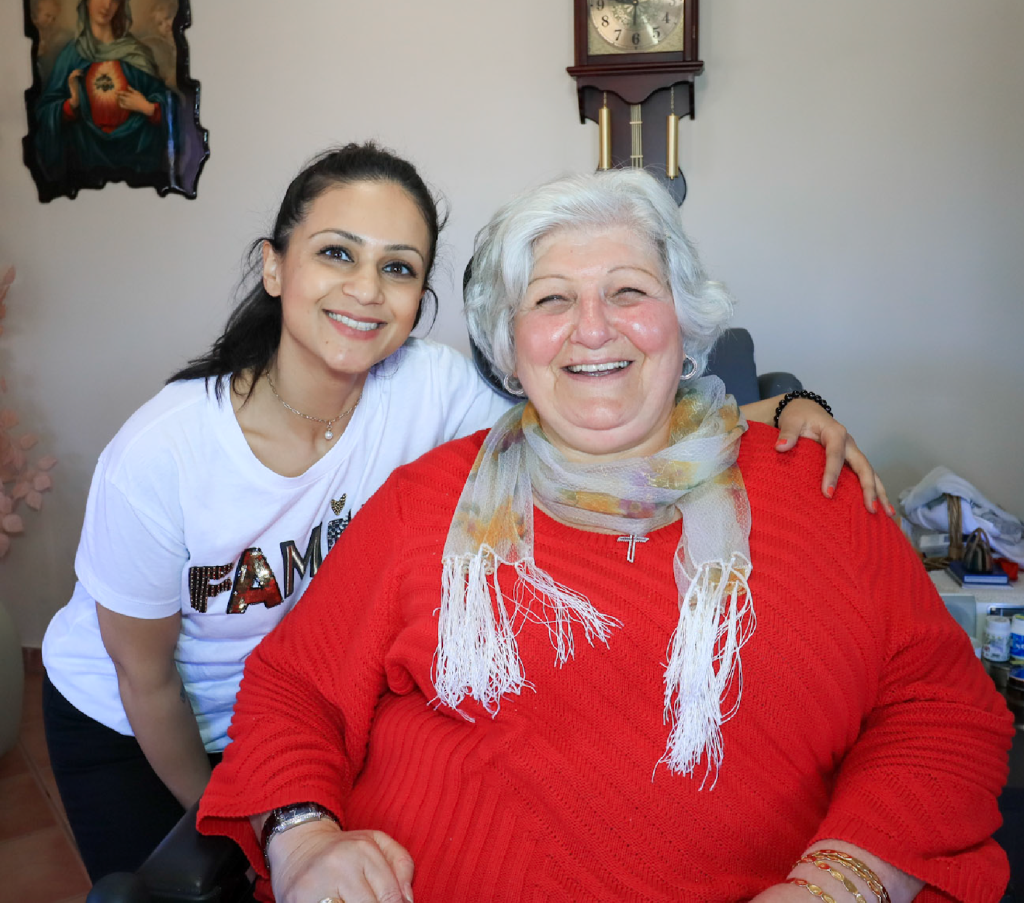
Leora is built on caring. Our Founder and Co-CEO Esha Oberoi founded Leora after working as a carer in a nursing home. She saw that many of the residents could have remained living in their own home with only a few hours of support each week. She decided to be the change she wanted to see in support work and built a service to empower clients.
Board of Directors
Working alongside Esha is our Executive Leadership Team and our Board of Directors. Our Board members play a crucial role in the strategic oversight of our organisation.
Leora’s Board members keep us accountable, providing high-level guidance and ensuring that our activities continue to align with our mission and long-term vision.
As experts in various fields, they also give our staff a broad perspective on issues and opportunities.
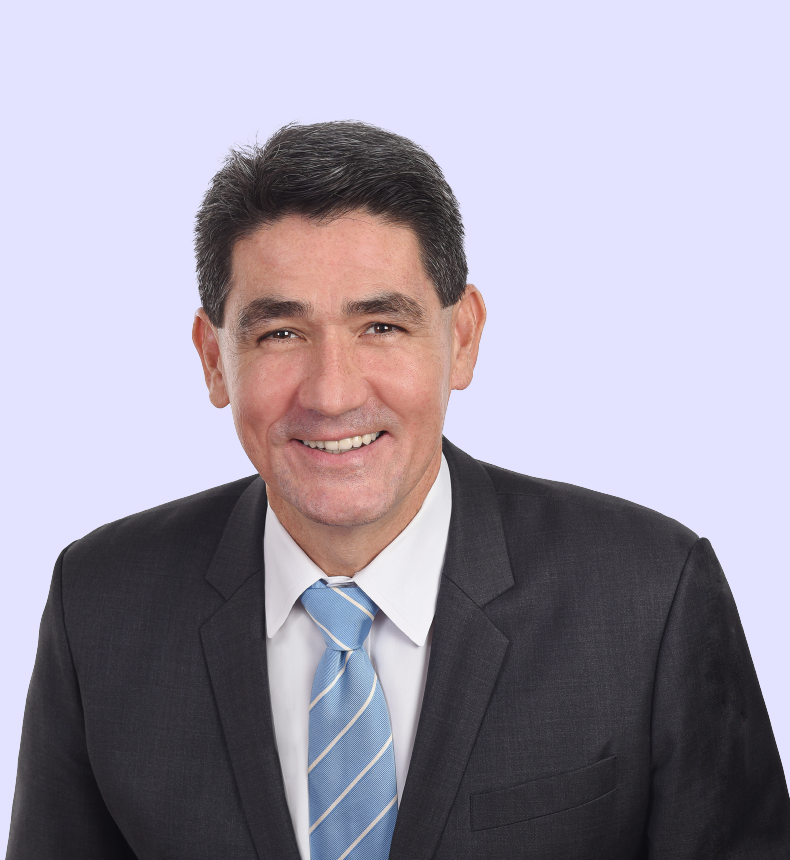
Members of our Board include former NSW Minister, Dr Geoff Lee, who has a multifaceted career in academia, government and business. Prior to his appointment as Professor at Western Sydney University’s School of Business in 2023, he has served a remarkable twelve years (2011-2023) as the State Member for Parramatta.
Asking this question can give you an idea of an organisation’s unique strengths. You’ll be able to gauge if they can meet your specific needs and offer benefits that others cannot.
In addition to the depth, breadth and quality of our NDIS services and experience, we at Leora build a sense of community and connection. You are not just a client but a collaborator in your care. We seek feedback on services, even inviting participants to in-person workshops so they can provide their insights.
And we want you to have fun, too! We regularly invite clients to our social events, from local meet-ups to organisation-wide celebrations.
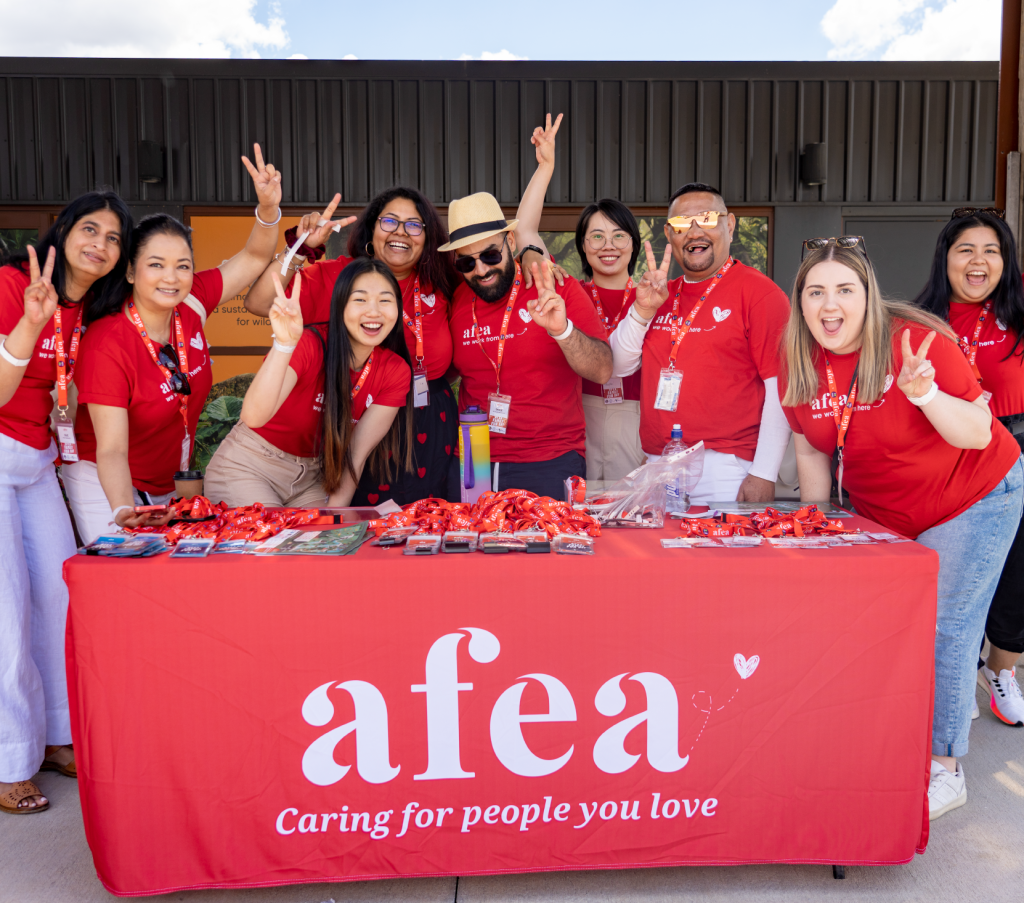
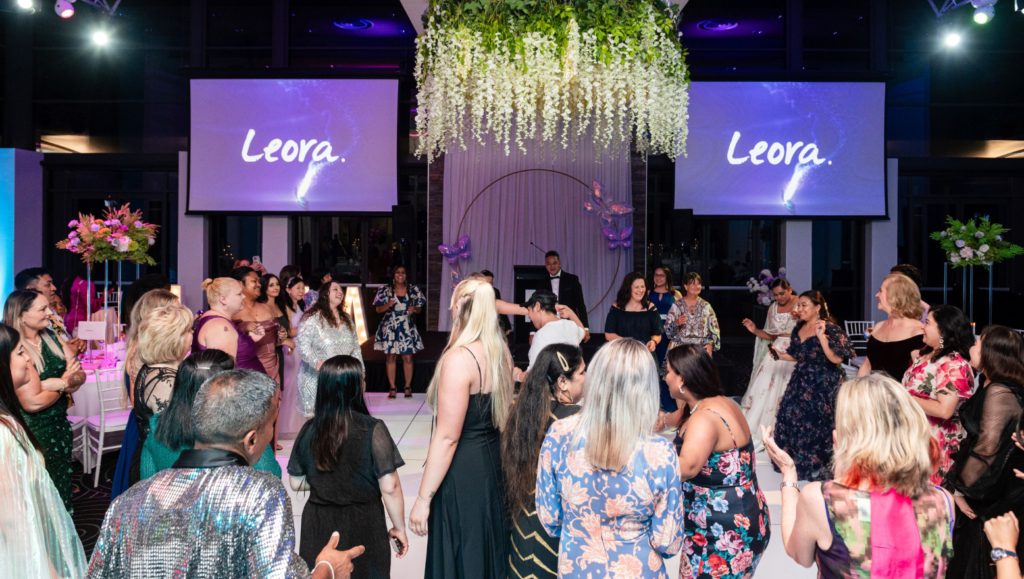
We hope these ten questions (and our answers!) can help you find the best provider for your NDIS journey.
If you need a helping hand, contact our team now to start services with Leora.
